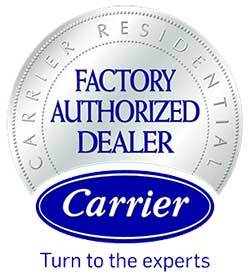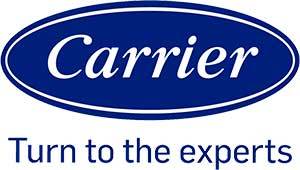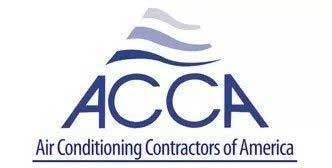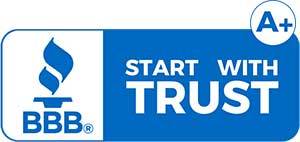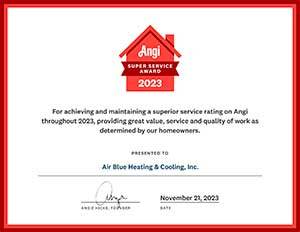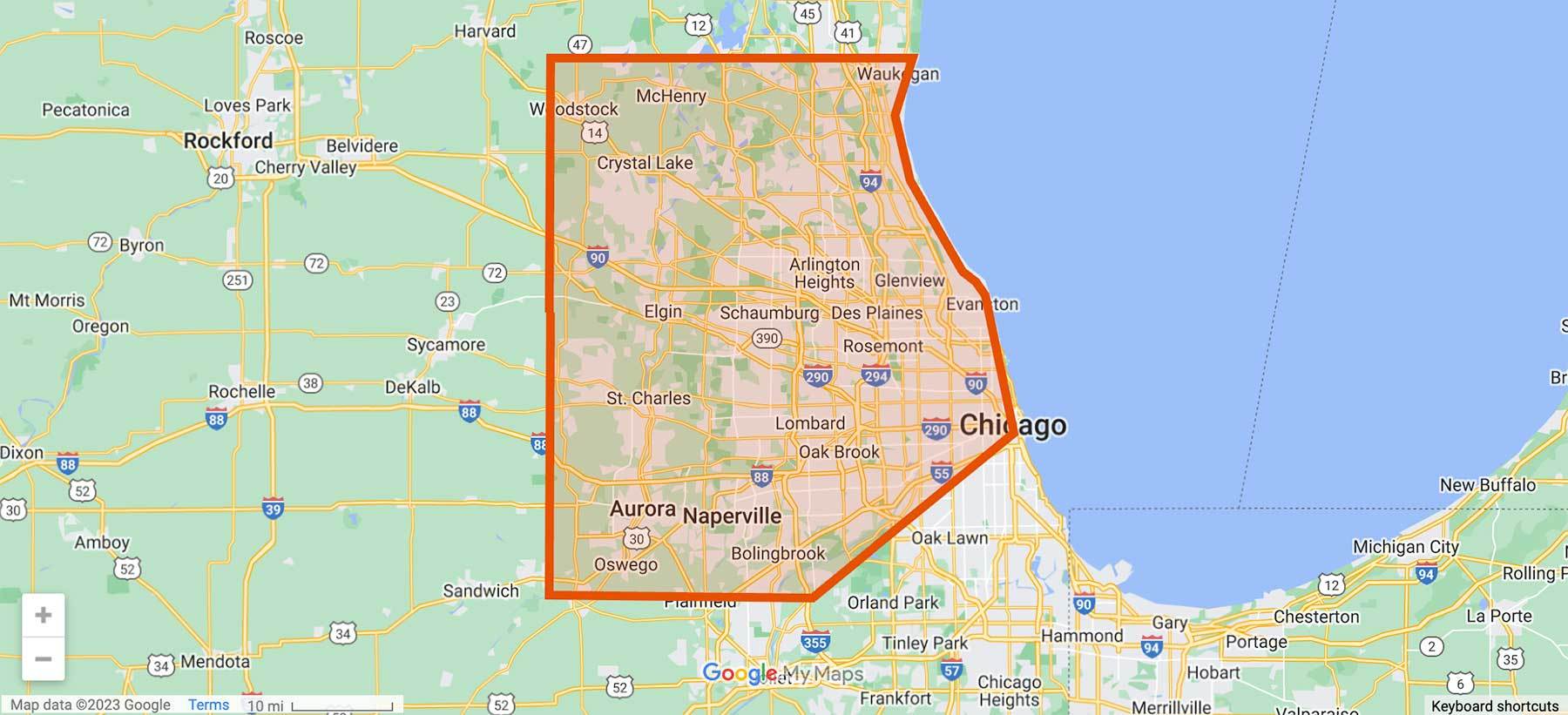The Effects of Increased Hot Water Use on Your Water Heater
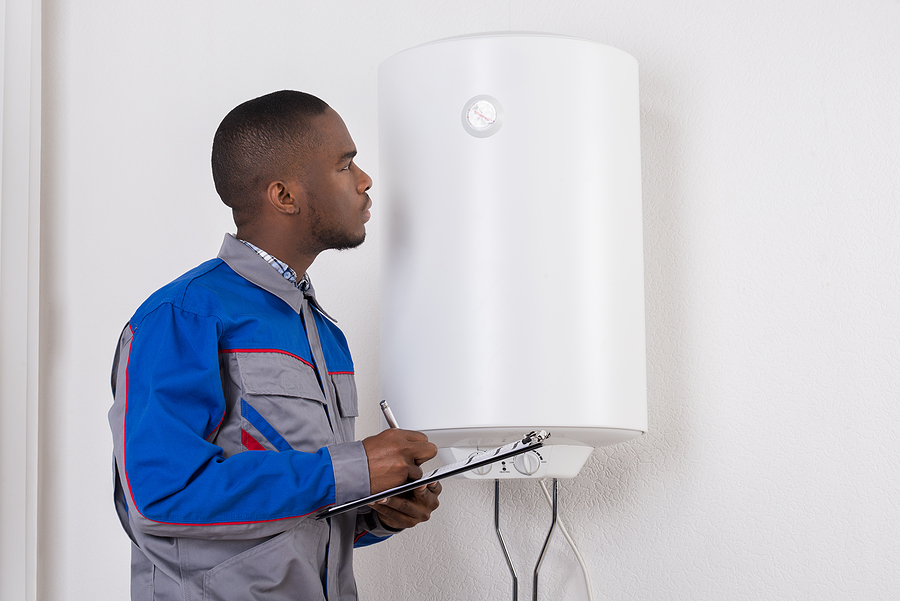
When you bought your home, your water heater was great. Twenty gallons seemed like plenty. Since then, you’ve had children, moved your parents in with you, or taken on roommates to split the expenses. Is your water heater still adequate for your needs?
At Air Blue Heating and Cooling, we know that increased hot water use is hard on a water heater. When a heater is capable of heating and storing 20 gallons or offers instant hot water at a rate of 2.5 gallons per minute, any excess use affects its effectiveness in several ways.
The Impact of Excessive Use
Extra demand for hot water can’t be that bad, right? A lot of people think this way, but demand of just a few gallons more per hour is detrimental.
Its Lifespan Shortens
High usage shortens your water heater’s lifespan. When you have people drawing excessive amounts of water at the same time, the heating element needs to work continuously. Pumps also need to work double-time, and the constant operation makes them wear out faster.
Energy Consumption and Water Usage Increases
The most obvious result of a water heater that runs constantly is that your gas or electricity consumption increases. Your energy bills increase, and with high electricity, propane, and natural gas prices, you may find it hard to keep up with the higher monthly bills. If you’re not on a well, your public water bill will increase. People on a well might find their well pump works more to keep up with the increased water demand.
There’s a Greater Risk of Failure
Excessive hot water consumption also increases the risk of leaks. Water is flowing through seals and connections faster than before, so they’re more likely to fail before you expect them to.
How Can You Tell If Your Water Heater Is Struggling?
How do you know when your water heater is having a hard time keeping up? Have you gotten into the shower and run out of hot water before you were done? That’s a key sign that your water heater is having a hard time keeping up with the demand.
You might hear your water heater turning on and off. If you notice it’s running more to warm up the water, that’s another sign that there’s a problem. Is it making weird noises? Are you hearing bangs, hisses, or other alarming noises that you’ve never heard before? You need to call a water heater specialist.
Do you see leaks around the bottom of your water heater, that’s a good indicator that it’s having a hard time and needs immediate attention. Water leaks waste money as you’re losing hot water with each drip.
Tips for Effective Management of Increased Hot Water Use
What are the best ways to keep your costs down and lessen the strain on your water heater when your hot water use increases?
Install Faucet Aerators
Aerators reduce hot water consumption by reducing the flow rate of water coming out of your faucet. In a shower, they often have shut-offs that stop the water completely while you do things like wash your hair or body. When you’re ready to rinse off, turn the water flow back on.
Use Cold Water for Laundry
Limit your hot water use by making a few simple changes. Most people feel it’s important to wash their clothes in hot water. There’s an old wives’ tale that only hot water kills germs. That’s not accurate. You can kill just as many germs washing in cold water as long as you’re making sure you don’t overload your machine. You need the soap and water to easily circulate through the entire load, and you need to make sure you use enough soap.
Limit the Length of Showers
Don’t shower in hot water, instead shower in warm water. Not only is a hot shower going to use a lot of hot water, but it also dries your skin. That can cause issues with dry skin and dry scalp. Aim for a warm shower that’s less than 10 minutes. Showering for more than 10 minutes is unnecessary.
Invest in Energy Efficient Appliances
Older appliances are water hogs. If you have a dishwasher or washing machine that’s been part of your home for decades, it’s time to consider an efficient model. They use far less water and reduce your energy bills, too.
Have Your Water Heater Professionally Cleaned and Maintained
You have your furnace or boiler cleaned regularly. You probably also have your dryer vent cleaned, and your chimney if you have one. You should also schedule yearly water heater maintenance.
During a water heater cleaning and inspection, the steps depend on whether you have an electric water heater or a gas one.
If it’s gas, a professional technician checks the gas pressure and flame and makes adjustments as needed. The flue is checked for cracks, gaps, and other potential leaks. Ventilation is checked to ensure the draft is correct. Pumps are greased if needed. The technician checks for gas leaks and carbon monoxide. The heating element may be cleaned. Sediment is drained from the tank.
If you have an electric system, some of those checks are unnecessary. Your system does need to be tested to ensure it’s heating water properly. Scale is removed from the burner if needed. The thermostat is tested.
If the system is a heat pump water heater, the filter and air intake need to be cleaned. The condensate line needs to be checked for blockages.
Is It Time to Upgrade to an Efficient Water Heater?
Sometimes, it’s better to upgrade to a water heater that’s capable of meeting your demands. Tankless water heaters offer on-demand hot water, which can be ideal if you want hot water instantly, but their benefit is best for homes that use 40 gallons or water each day or less. The Department of Energy reports that they are upwards of 34% more efficient than a conventional water heater and 14% more efficient than a home using double that amount of hot water.
At the same time, a gas-fired on-demand water heater may not be as efficient if it requires a pilot light. You might want to consider a conventional storage water heater with a larger tank. If you have a 25-gallon tank, increase to a 40 gallon. If it’s an electric water heater, consider adding an insulating blanket to help keep the water hotter for a long period.
Heat pump water heaters move heat from the air to the water in the tank, which reduces your energy costs. They’re more expensive than a conventional water heater, but the energy savings quickly add up.
If you need a new heating system, ask about an indirect water heater. It pairs the heating system and water heater into one system.
Because there are so many variables, it’s best to have a free assessment from the hot water experts at Air Blue Heating and Cooling. Our team has almost two decades of expertise in helping homeowners choose the best water heaters for their budget and household needs.





